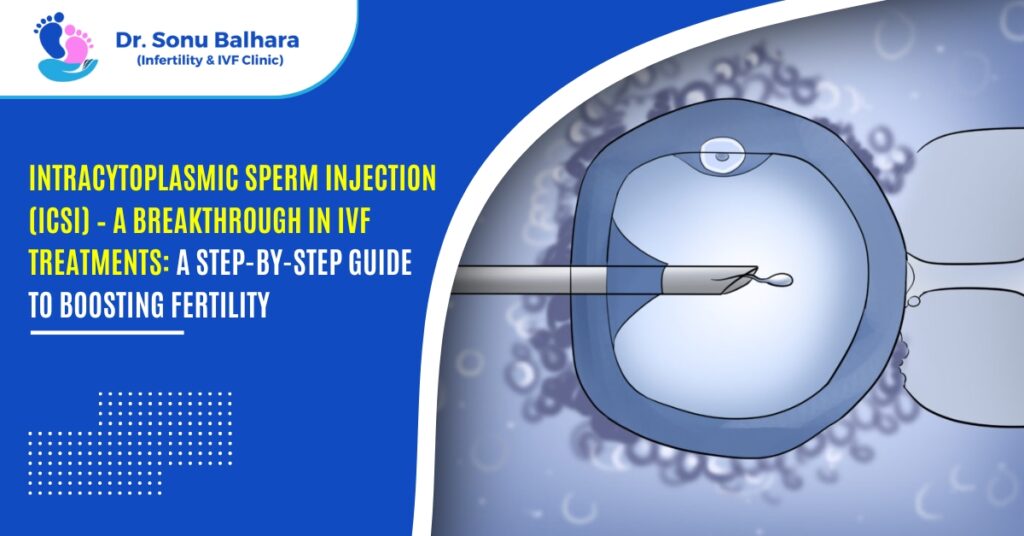Introduction
Intracytoplasmic Sperm Injection (ICSI) is a revolutionary procedure in the world of Assisted Reproductive Technology (ART). It is commonly used in In Vitro Fertilization (IVF) treatments to overcome male infertility issues, helping couples realize their dreams of parenthood.
What is ICSI?
ICSI involves the direct injection of a single sperm into an egg to achieve fertilization. It is typically recommended for men with low sperm count, poor sperm motility, or abnormal sperm morphology, where natural fertilization is challenging.
Why Choose ICSI?
- High Success Rate: Compared to conventional IVF, ICSI significantly increases fertilization success rates, especially in cases of male infertility.
- Bypasses Fertilization Challenges: In male infertility, poor sperm quality can prevent the sperm from penetrating the egg. ICSI overcomes this by directly injecting a sperm into the egg.
- Enhanced Control: ICSI provides greater control over the fertilization process, leading to better outcomes for many couples facing infertility issues.
The ICSI Process
- Egg Retrieval: After stimulation, eggs are retrieved from the ovaries.
- Sperm Selection: A single, healthy sperm is chosen for the injection.
- Sperm Injection: The sperm is carefully injected into the egg, and fertilization is monitored.
Who Benefits from ICSI?
ICSI is ideal for couples where:
- The male partner has low sperm count or poor sperm motility.
- Previous IVF cycles have failed.
- There are genetic issues requiring single-sperm selection.
Conclusion
ICSI has revolutionized fertility treatments and offers hope to many couples struggling with male infertility. Consulting a specialist like Dr. Sonu Balhara can provide personalized guidance to determine if ICSI is the right option for you.

